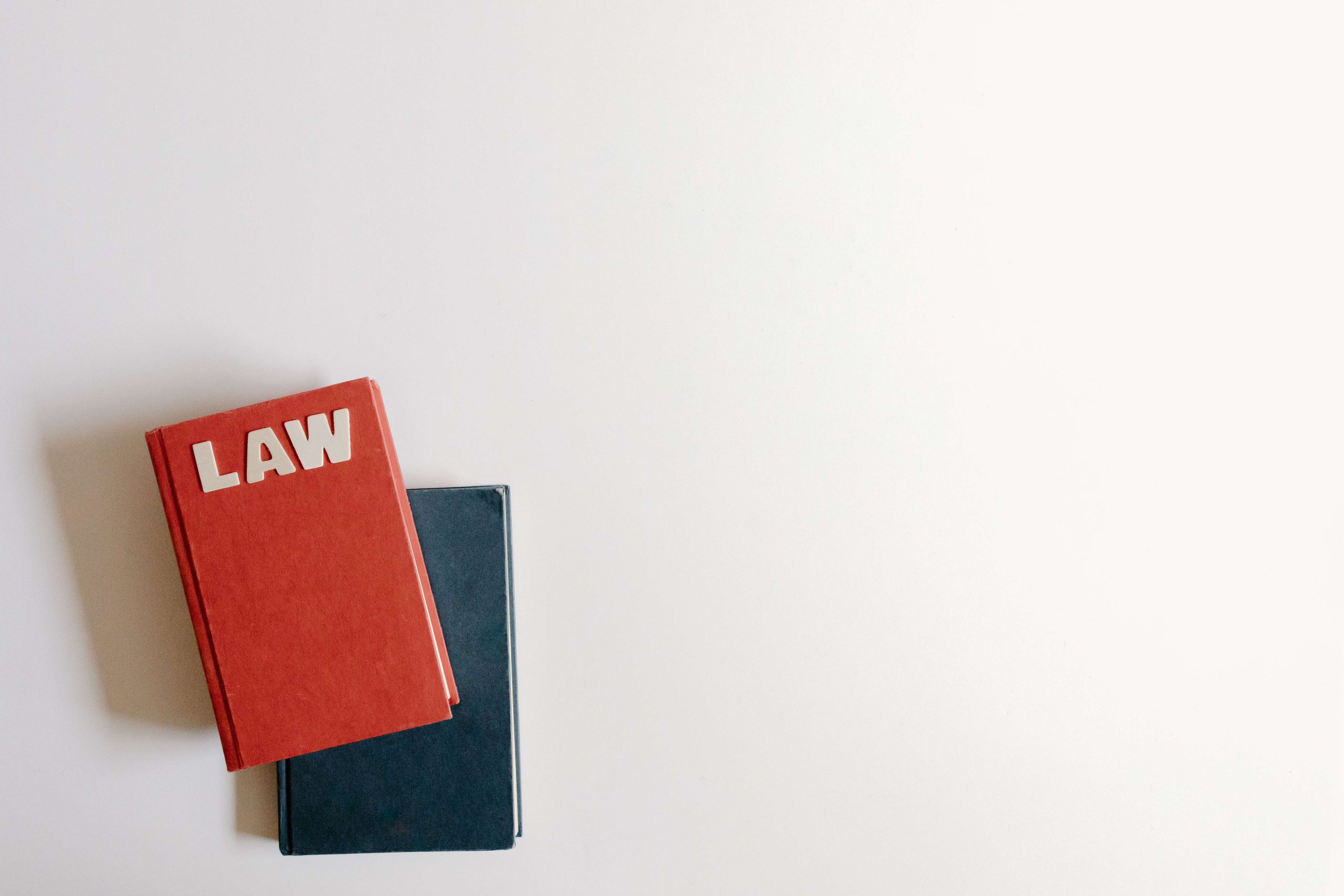A Lawyer Who Pleads Cases in Court

Lawyers who represent clients before courts by pleading their cases on their behalf in court often help clients resolve legal matters without trial – this requires them to be skilled negotiators as well as knowledgeable in legal issues.
They must also demonstrate how the police or prosecutor may have presented false evidence, which could hinder their case.
Counselor
Counselor can refer to legal or mental health professionals. Lawyers who represent clients in court often serve as legal counselors by helping clients navigate the court system and offering advice on how best to proceed with their cases. Counsellors also offer help in settling legal matters without going to trial; where necessary suggesting settlement agreements when facts and evidence prove unfavorable.
Lawyers may assist their client by helping them negotiate with the prosecutor for an acceptable plea offer, which often occurs at an arraignment or pretrial docket hearing. At these proceedings, lawyers outline both advantages and disadvantages associated with pleading guilty or no contest to criminal or misdemeanor charges.
They will also discuss the burden of proof required by law to convict a defendant, helping their client understand that even experienced prosecutors can make mistakes and may not be able to establish guilt beyond reasonable doubt. Finally, they can advise their client regarding possible counseling or treatment programs as part of a guilty plea agreement.
Negotiator
Lawyers must exercise extreme care when negotiating with prosecutors in order to avoid ethical violations and any possible violations of professional ethics. Any form of misrepresentation during negotiations could result in fines or even disbarment; however, lawyers can use creative negotiation strategies in order to achieve an outcome best for their client.
Defense attorneys often plead no contest or Alford in order to reduce penalties and avoid trial, while at the same time admitting their guilt.
Before being sent to prison in a criminal case, defendants must sign a plea agreement. Their attorney should explain their charges and penalties that they could expect; negotiate with prosecutors to secure more lenient sentencing options; then submit it for approval from their judge; some courts even postpone trial until later dates as part of this practice.
Attorney
Lawyers who provide courtroom representation help their clients by helping to resolve legal matters without going to trial, employing strong negotiation skills and an in-depth knowledge of both law and facts related to each case they handle.
Civil court judges often make rulings on petitions or motions filed by both plaintiffs and defendants in civil cases, taking into consideration all evidence and arguments presented from both parties before reaching a decision.
Tort Law (Tort Liability) – Tort is a civil wrong that creates liability for injuries or damage sustained, for example if someone using defective product experiences an adverse reaction due to it. A manufacturer could be held liable if their product causes harm to those using it.
Pleadings – Written statements made by both sides in a legal dispute, including both complaints and answers, known collectively as an arraignment.
Court decisions which are legally binding unless there are compelling arguments or significant discrepancies in the facts of a case, for example when a federal court of appeals finds a lower court’s interpretation of statute as being incorrect.
Judge
Judges oversee legal cases either alone or as part of a panel, listening to testimony presented by barristers and solicitors, assessing witnesses and making decisions based on law as well as personal discretion. Judges ensure all laws are adhered to during proceedings as well as respecting all of the defendant’s, victims, and prosecutor’s rights during proceedings.
Judges also possess the authority to grant leniency in criminal cases in exchange for a guilty plea or probation recommendation, hearing cases on an en banc basis instead of just panel hearing, sequester juries from spectators during deliberations, record transcripts of court proceedings and dismiss a case due to insufficient evidence; or decide upon further inquiry before overturning another court’s verdict through appeal proceedings.
